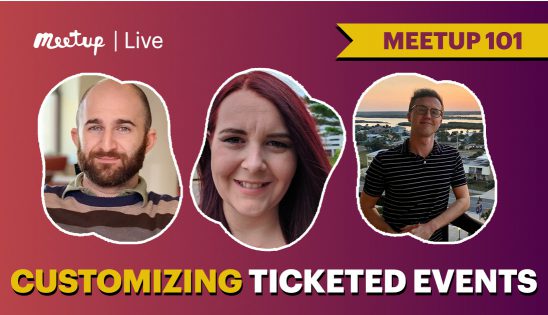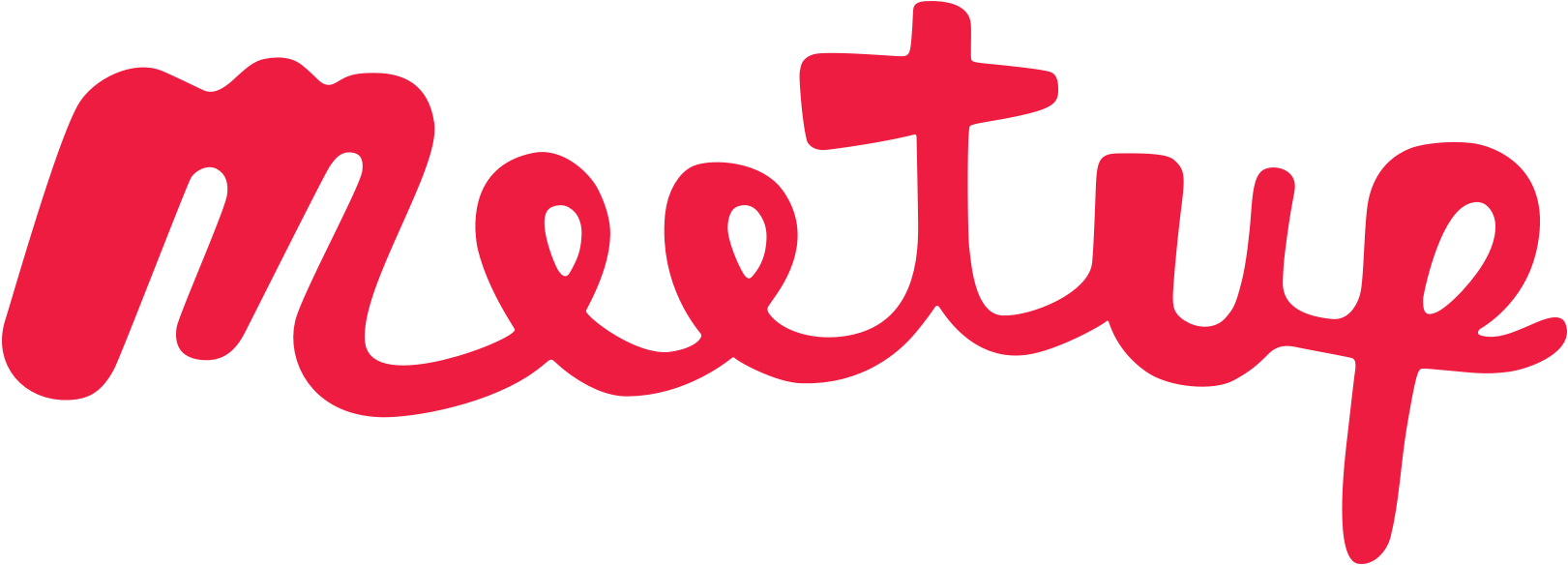In-person Meetup events have always been essential to building tech communities. Networking in a virtual world brings new challenges that are forcing groups to adapt. Join Andy Saldaña, Executive Director of NY Tech Alliance and organizer of NY Tech Meetup, as he shares how he’s approaching these challenges and continuing to foster the connections that his group is famous for.
Learn how to start your own tech group on Meetup.
Main Takeaways:
- You have one of the largest tech groups in all of Meetup. How have you maintained member engagement through the years?
- Part of it was that it was happening for a long time. It was started in 2004 by Scott Heiferman (Meetup founder). When I joined in 2013, we had already become a nonprofit. We focus on the tech and the product and the founders. We thread that piece of community through all our events. And our programs go beyond the group and we are part of the tech ecosystem. Our goal is to create as much access within the ecosystem as possible.
- How has your approach to creating community changed during the pandemic?
- The obvious challenge is the connectedness, the ability to share a space with like-minded people and translating that to a digital virtual setting is challenging.
I’ve been exposed to a lot of virtual platforms. So I’m lucky in a way that I had a huge arsenal to pull from to translate our events to a digital platform. Some examples:
- The obvious challenge is the connectedness, the ability to share a space with like-minded people and translating that to a digital virtual setting is challenging.
- Do you have any companies you have been exposed to through your work that you’d like to highlight?
Top Q&A Questions:
- Are there NY tech extensions elsewhere?
- There’s almost a tech meetup in every city of the world. A lot of them say they’ve been inspired by NY Tech meetup. But we don’t have chapters directly related.
- What kind of jobs in tech are good entry points?
- I have to ask what their background is. But most of the time, it’s generally, “what have you been doing before, and how can you do that for a tech company?” or “What is the type of tech you want to be involved in” and find entry points’. For example, if somebody is coming with some technical knowledge (a bootcamp course or two) I would recommend volunteering to nonprofits that need help to get that experience and build a resume, to build their own projects. The bigger your portfolio is when you go to an interview, the better.
- The key to entering the tech workforce is the ability to continue to learn. You need the drive to continue to learn and educate yourself and absorb as much content as possible. I like to listen to podcasts.
Meetup is hiring, see all open engineering roles.
- Do you have any podcast recommendations?
Last modified on June 23, 2021









